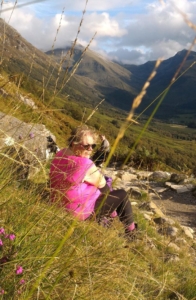I want to put this out there for anyone else who might be feeling the same… I haven’t perfected sourdough bread. My banana bread was so dire that even the dog wouldn’t eat it. And I haven’t created a Polynesian-style resort with a swim-up pool in my back garden using only recycled palettes and two black bin bags.
Am I a pandemic failure, when my measure of success is getting a daily shower and reaching the bottom of the laundry basket – am I aiming too low?!
Look… I’ve found a lot of the ideas and projects shared over lockdown very inspiring. I’m often really positively energised to do things when I get ideas from others – it’s why I follow certain people on Instagram and Facebook. Inspiration is good.
But when does inspiration turn into comparison? In my experience, comparison is rarely healthy or helpful!
Let me share a really important lesson–as with all my life-lessons–I learned the hard way. Comparison is the enemy of self-compassion and mental wellbeing. If you are on the road to mental wellbeing, you should consider comparison as a ‘big-ass pothole’. Why would you want to drive through a big ass pothole?
As a teenager, my comparisons were usually linked to the size of my arse or the fashionability of my wardrobe. Into my twenties, it was more about college grades and job opportunities. Then in my thirties, I became a mother. That’s when comparison took a hefty dose of steroids!
I vividly remember feeling the slow cold grip of inadequacy taking hold of me when my daughter was young and starting school. It felt like a victory just to get through the school gates in the morning, both she and I looked like we’d done four rounds with Mike Tyson before breakfast. There would always be a few immaculate children who looked as though they were ready for a school uniform photoshoot… Whereas my wee lassie looked like the ‘end-of-a-rough-day’ model… but I never gave myself a break. Even back then, long before diagnosis, I instinctively knew my darling daughter was neuro-diverse. It’s an entirely different ballgame dressing a child with sensory issues when every clothing label feels like barbed-wire against the skin. I just embraced my sense of inadequacy and hung my dishevelled head in shame.
When you feel inadequacy taking hold of you, here is my tip. Remind yourself that you’re usually only seeing a slice of someone else’s story (#BehindTheHashtag). That’s not to say what you’re seeing isn’t true – but it’s not the whole picture.
If I look back to the unhappiest time in my life, NO ONE would have guessed what was really going on. I don’t recall consciously being deceptive, but by zooming in on the small percentage of good in my life, I think it was a way of numbing myself to how awful things actually were. I would show the world only the parts of my life that I felt in control of or made me feel good about myself.
I have deep compassion for parents today who are currently homeschooling. Although I’m not a drinker, I’m pretty sure I’d have been pouring Bailey’s Irish Cream on my Cornflakes after just one week. As I said, it was hard enough for me just getting a young child out of the door and off to school in the morning!
However, we all have very different needs, when you compare you’re looking outwards when what’s needed is more of a ‘what’s needed here and now for me and those I love?’.
It’s great to get inspiration from others, but when it begins to feel like a standard you’re failing to meet, you might have hit a comparison pothole.
How do you know if you have an unhealthy comparison?
I’ve learned that if you find yourself more focussed on ‘capturing a moment to share’ versus ‘enjoying the moment for itself’, that might be a warning!
What matters most is if you like or love your moment – not what others think. Notice how you feel when you see a memory or a picture – if it brings you joy that’s wonderful, if you recall it being hard work or difficult at the time, maybe that’s a signal. Letting go of comparison and what others may think is incredibly liberating – you’ll potentially win back a lot of time and energy… something we all need more of these days.
So as you reflect, please remember this… ‘comparison is the enemy of self-compassion’. In the same way that ‘perfection is the enemy of good’, and right now, any level of good is quite amazing in my opinion!!!

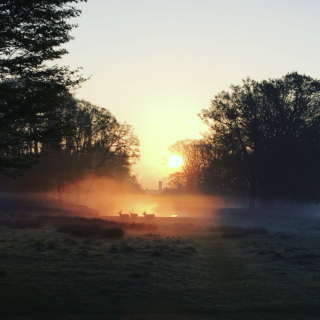


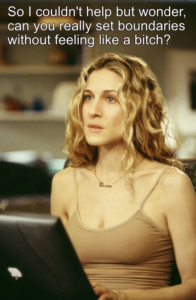

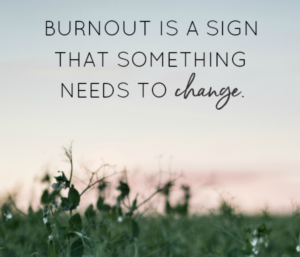
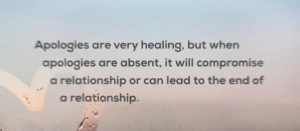


 How do you go from a standing start to the top of a mountain? One-step and one-day at a time. Using Cisco technology to meet virtually, Jessie spent time getting to know what made me tick, what my schedule looked like, and helped me find the time and space to fit in well-being and movement – he
How do you go from a standing start to the top of a mountain? One-step and one-day at a time. Using Cisco technology to meet virtually, Jessie spent time getting to know what made me tick, what my schedule looked like, and helped me find the time and space to fit in well-being and movement – he 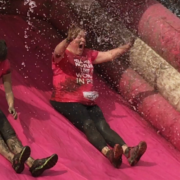 Taking the first step off the platform was the toughest moment, I really thought I wasn’t going to be able to do it! It turns out that my fear of failure was greater, so off I zipped! Throughout the morning I screamed, I cried, I got angry, I fell off obstacles, and somewhere along the process a switch flicked in my head – and I think this is where Wonder Woman made her first brief appearance. I finished the obstacle course. Bruised, tired, and more proud of myself than I’ve ever been. I could not believe what I had done!
Taking the first step off the platform was the toughest moment, I really thought I wasn’t going to be able to do it! It turns out that my fear of failure was greater, so off I zipped! Throughout the morning I screamed, I cried, I got angry, I fell off obstacles, and somewhere along the process a switch flicked in my head – and I think this is where Wonder Woman made her first brief appearance. I finished the obstacle course. Bruised, tired, and more proud of myself than I’ve ever been. I could not believe what I had done!